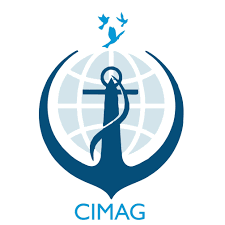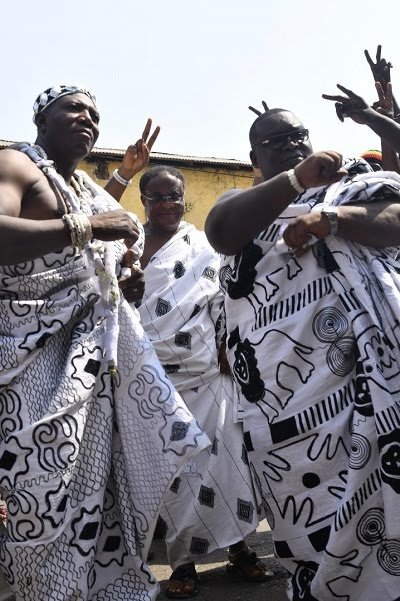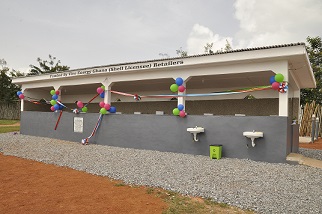CIMAG clarifies misleading report on Piracy in Gulf of Guinea

The Centre for International Maritime Affairs, Ghana (CIMAG) has cited a report by the International Maritime Bureau’s Piracy Reporting Centre (IMB PRC) to be misleading in its classification of piracy incidents in the Gulf of Guinea with instantiable claim that Ghana has the highest number of attacks in the region.
CIMAG notes that the IMB PRC has erroneously grouped together incidents of piracy, theft at anchorage, and robbery at sea, which have clear and distinct definitions under international law. According to Article 101 of the 1982 United Nations Convention on the Law of the Sea (UNCLOS), piracy is defined as an act of violence or detention perpetrated on the high seas or international waters against a ship outside of a state’s jurisdiction. On the other hand, armed robbery at sea refers to acts of violence against ships within a state’s internal and territorial waters.
CIMAG emphasizes that the distinction is important for the applicability of national or international law consideration of countermeasures stemming from this. It is also vital for settling jurisdictional issues when a suspect is arrested, prosecuted, and convicted. The organization added that piracy and armed robbery against vessels are some of the modern-day challenges of the maritime and offshore industries.
According to CIMAG, the IMB PRC report cited thefts at Takoradi Anchorage in Ghana and the Luanda Anchorage in Angola as evidence of piracy attacks. However, CIMAG notes that ships at sea often encounter fishing canoes in coastal waters, which are usually reported as suspicious approaches by suspected pirates. In some cases, local fisher folks are presumed as pirates when sighted by cargo ships. CIMAG is closely monitoring reports of complicity with some crew members who sell paints and other materials to their agents or buyers and then report theft of the same items to the owners (ship-owners).
CIMAG assures the shipping community that Ghana has not recorded any piracy incident within the period of the report or the past year. CIMAG calls on all relevant stakeholders to continue sustained efforts to make the sea safe, free of piracy, robbery, and theft at anchorages across the board. The sharing of information among countries bordering the Gulf of Guinea is vital, and collaboration with Western states and international organizations must continue. CIMAG suggests that other countries in the region, especially Ghana, should emulate steps taken by Nigeria to enact local legislation against suppression of piracy.
In conclusion, CIMAG emphasizes that the war on piracy and armed robbery at sea can only be won when all hands are on deck. CIMAG urges the shipping community to remain vigilant and to report any suspicious activity to the appropriate authorities.



